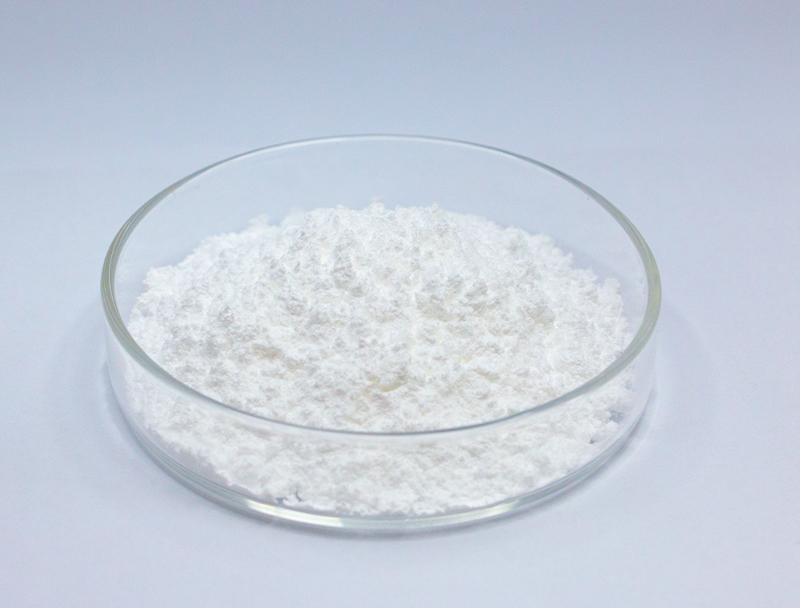
Advanced biosystems are built around a vast array of substrates for developing state-of-the-art biosolutions.
Maintaining long-term supply of raw inputs forms the foundation of durable, responsible industrial growth.
an array of drawbacks from conventional supply chains such as ecological damage and resource depletion. Therefore, producers should prioritize ethical sourcing models to curtail ecological damage.
- Samples of circular procurement methods cover:
- Utilizing renewable feedstocks derived from agricultural byproducts
- Adopting looped production models to decrease loss and amplify reuse
- Aligning with domestic providers that adhere to transparent sourcing
Such a move to ethical procurement delivers ecological gains and commercial returns over time.
Refining Biomass Sources to Enhance Fuel Conversion
Enhancing biofuel output is grounded in superior feedstock characteristics. Engineers continually develop approaches to improve biomass suitability, creating higher productivity and an eco-friendlier fuel landscape. Tactics include molecular breeding to increase biomass and chemical or physical pretreatments to release sugars.
- Also, studies emphasize discovering resources such as seaweed, organic waste, and residual straw to diversify sustainable feedstock supplies for fuels.
- Thanks to continuous exploration the sector is prepared to realize considerable strides toward an eco-friendlier energy mix.

Advances in Biopharmaceutical Manufacturing: Focus on Upstream Operations
embraces initial workflow stages from growth to harvesting Contemporary breakthroughs have refined protocols and elevated product throughput.
Important innovations consist of upgraded cell platforms, customized nutrient matrices, and smart bioreactor solutions. These advances improve throughput while lowering both operational expenses and ecological footprints.
- Likewise, the move to continuous systems facilitates better adaptability and streamlined upstream production.
- Implementing cutting-edge manufacturing technologies will probably redefine workflows and accelerate innovation.

Precision Genomic Tools Enhancing Biopharmaceutical Yields
refinements in gene-targeting technologies have advanced protein production workflows. By precisely targeting genes within host organisms, researchers can enhance the yield of valuable therapeutic proteins. These methods could enable production of accessible and efficient medicines tackling diverse health challenges.
Applying Microbial Tools to Improve Environmental Remediation
state-of-the-art biological cleanup solutions using targeted microbial actions. Various microbial strains are capable of breaking down toxins into safer constituents.. Utilizing microbial metabolism supports eco-friendly site cleanup methods that limit secondary harm from remediation.. Laboratories test microbial species for efficacy against metals, pesticide pollutants, and oil-related contamination. The microbes may be applied within engineered reactors or in situ to catalyze pollutant degradation via biotransformation..
Employing microbial strategies for remediation provides multiple benefits versus traditional techniques. Microbe-driven cleanup typically costs less and generates fewer dangerous byproducts. Furthermore, microbial solutions are highly specific, allowing for the remediation of particular pollutants without disrupting the broader ecosystem. The field is rapidly refining methods to make microbial remediation more efficient and broadly effective.
Bioinformatics Tools Transforming Drug R&D
Computational biology approaches are becoming vital across contemporary drug R&D. From predictive screening to lead refinement, computational biology underpins more efficient drug pipelines.
- Through evaluating comprehensive genomic, proteomic, and clinical data, teams detect novel targets and predict drug action.
- Concurrently, virtual screening and simulation shape the development of more effective therapeutics.
- In the end, informatics-driven methods streamline development and accelerate delivery of therapeutic solutions to patients.
Engineering Cellular Pathways for Improved Bioproduct Output
adopts varied approaches to raise biosynthetic yields of beneficial compounds. Programs use genetic redesign of metabolic networks, dynamic regulation of expression, and addition of heterologous genes to unlock new capabilities. By optimizing cellular networks, developers can substantially boost target bioproduct output.
Such an integrated approach may disrupt diverse fields including therapeutics, crop science, and sustainable fuels.

Challenges and Opportunities in Scaling Up Biopharmaceutical Production
Moving from bench to commercial scale creates complex challenges and valuable opportunities. Retaining quality standards during scale enlargement is a core difficulty. Addressing it demands strong process governance, accurate real-time analytics, and advanced measurement systems.

A further difficulty lies in process complexity, with many interdependent production phases.. Optimizing these processes for large-scale production can be a complex undertaking, requiring extensive research and technological innovation.. Despite challenges, the benefits may be considerable. Successful industrialization can broaden availability, trim costs, and raise profitability.
A range of strategies is being implemented to address scaling problems. Initiatives involve optimization platforms, high-resolution analytics for process control, and novel manufacturing frameworks.
- R&D initiatives significantly drive enhancements in manufacturing capacity.
- Government agencies are streamlining review procedures to permit quicker uptake of new production technologies and foster innovation.
trans-Cinnamic acid
Navigating the Regulatory Landscape for Biopharmaceuticals: Ensuring Safety and Efficacy
Engineering biologic therapies includes robust governance to assure patient safety and measure effectiveness. Biologics sourced from living systems pose distinct regulatory and manufacturing complexities versus small-molecule drugs.
Regulators such as the FDA and EMA define authorization pathways and quality standards for new biologic medicines..
Meticulous validation protocols are enforced from preclinical validation to long-term post-market evaluation.. The measures work to spot potential hazards and validate that therapies reach demanding safety levels..
Also, governing institutions evolve their strategies to respond to swift advances in biopharmaceutical science.. This includes embracing novel technologies and facilitating the development process while maintaining a commitment to patient well-being.

Assessing Plant Biomass Pathways for Bioplastic Innovation
The growing need for sustainable materials has led to a surge in research and development of renewable options. Bioplastics derived from plant biomass provide a viable route to more sustainable plastic alternatives. Renewable inputs including cornstarch, cellulosic matter, and sugarcane biomass can be processed into biodegradable plastics that minimize long-term pollution.
Likewise, some plant-derived plastics perform similarly to petroleum-based materials for a variety of uses.. Persistent innovation will be key to advancing plant biomass into mainstream bioplastic manufacturing for a circular future.
Biotech's Role in Improving Global Health and Agricultural Resilience
Biotech provides transformative capabilities that can change healthcare outcomes and strengthen food systems. By harnessing genetic engineering, synthetic biology constructs, and advanced cell therapies, technologists deliver capabilities to reduce disease burden, raise crop outputs, and increase food value. For instance, genetically modified crops can be engineered to resist pests and environmental stresses, leading to increased agricultural production and reduced reliance on harmful pesticides.. Additionally, biotech enables faster vaccine development, novel antimicrobials, and precise diagnostics critical to infectious disease control and health improvement.. As innovations mature, biotechnology can provide meaningful contributions toward global health and resilient food supplies for future generations.
